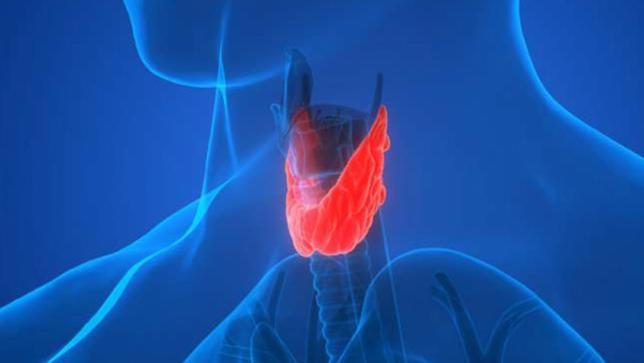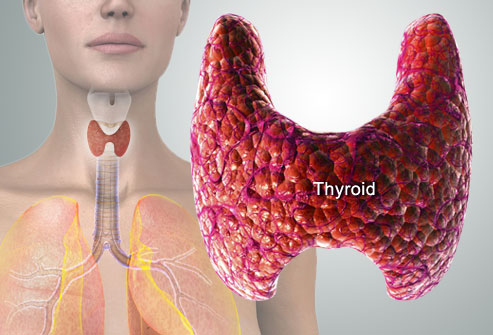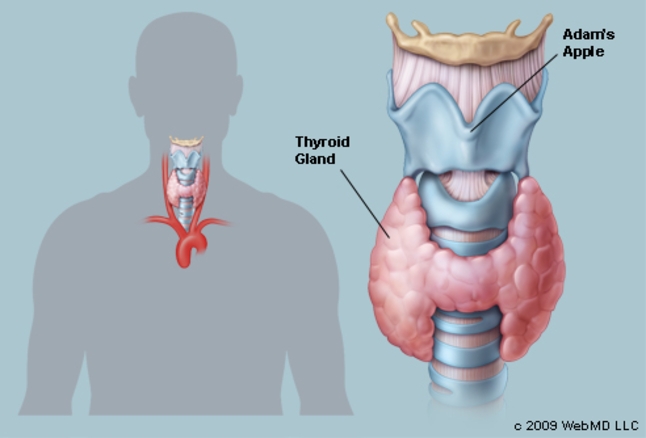316, Sakar 7 Near Nehrubridge Ashram road Ahmedabad


316, Sakar 7 Near Nehrubridge Ashram road Ahmedabad
The thyroid is a butterfly-shaped gland that sits low on the front of the neck. Your thyroid lies below your Adam's apple, along the front of the windpipe. The thyroid has two side lobes, connected by a bridge (isthmus) in the middle. The thyroid gland is a small organ that’s located in the front of the neck, wrapped around the windpipe (trachea). It’s shaped like a butterfly, smaller in the middle with two wide wings that extend around the side of your throat. The thyroid is a gland. You have glands throughout your body, where they create and release substances that help your body do a specific thing. Your thyroid makes hormones that help control many vital functions of your body. When your thyroid doesn’t work properly, it can impact your entire body. If your body makes too much thyroid hormone, you can develop a condition called hyperthyroidism. If your body makes too little thyroid hormone, it’s called hypothyroidism. Both conditions are serious and need to be treated by your healthcare provider.
The production of too much thyroid hormone.
Nodules develop in the thyroid gland and begin to secrete thyroid hormones, upsetting the body's chemical balance; some goiters may contain several of these nodules.
Inflammation of the thyroid that causes the gland to "leak" excess hormones, resulting in temporary hyperthyroidism that generally lasts a few weeks but may persist for months.
A painless disease, Hashimoto’s thyroiditis is an autoimmune condition where the body’s cells attack and damage the thyroid. This is an inherited condition.
This condition occurs in 5% to 9% of women after childbirth. It’s usually a temporary condition.
Iodine is used by the thyroid to produce hormones. An iodine deficiency is an issue that affects several million people around the world.
Researchers have linked a diet high in ultra-processed foods with increased risks for subclinical hyperthyroidism — a degree of hyperthyroidism that may not yet be severe enough to cause definite symptoms.
Your body requires iron to make thyroid hormone. If you are iron-deficient, you could be at greater risk for hypothyroidism. Hypothyroidism treatment medications may also not work as well if you are low in iron.
Selenium is a trace mineral your body requires to activate thyroid hormone. StudiesTrusted Source have linked low selenium levels with increased risks for chronic autoimmune thyroiditis, Graves’ disease, and goiter.



